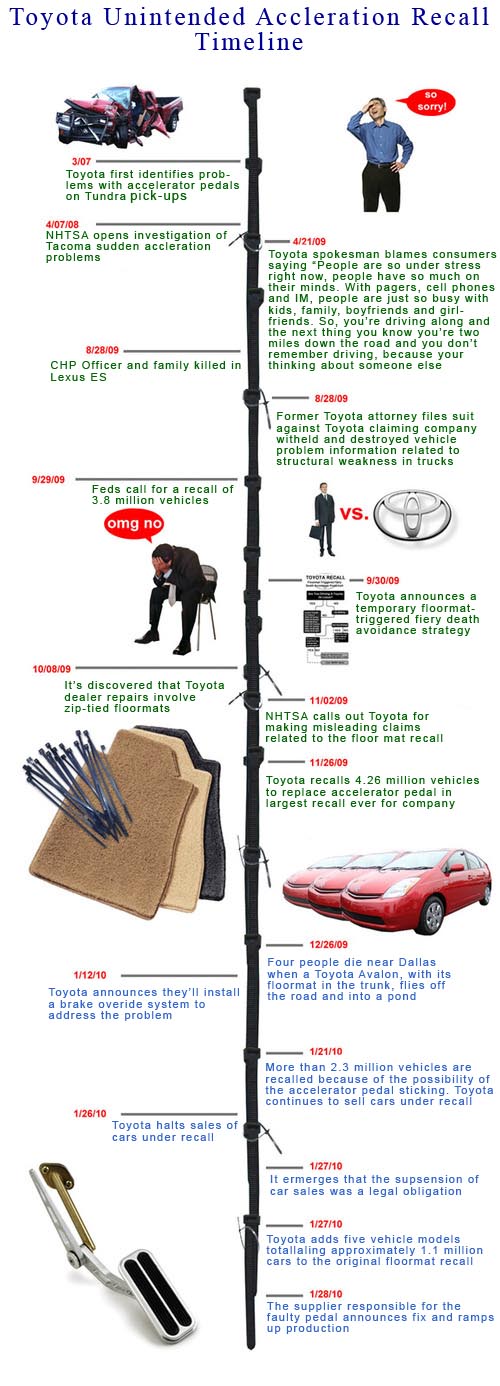“Companies seek social media experts to keep online conversation rolling” was a title of an article in the Canadian Press. Its contents elaborate on how companies are looking for social media experts to mobilize as part of their business plans.
With the rise of the internet and websites such as facebook, twitter, friendster, MySpace and many others, much of the world’s information is shared online. Businesses need a dedicated team of social media experts to manage information posted on the internet and find out consumer’s perspectives, preferences, and trends, the strategies of rival companies, and also oppurtunities that may be beneficial for the company.
However, social media experts not only gather information, but also share information about the company. They could be tasked to set up a company website, where consumers can go to check the company’s goals and standards, or post promotions, events and other information on facebook or twitter. By doing so they can attract more market share.
Take Theodora Lamb for example. She is “community animator”, someone who facillitate online conversations with visitors for bigwild.org, a campaign oriented website created as a partnership between Mountain Equipment Co-Op and the Canadian Parks and Wilderness Society.








